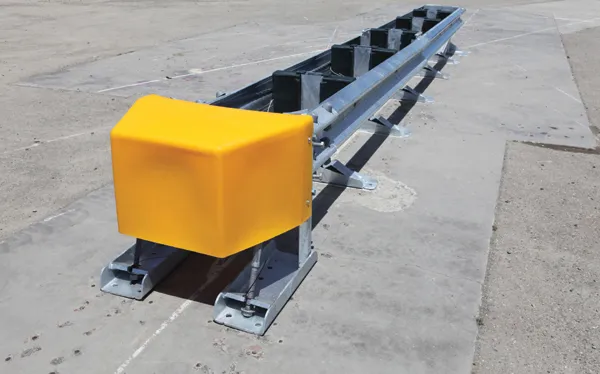In the UK, the construction business Connect Plus Services is implementing new practices that reduce the need for crossings of live carriageways. These practices are expected to save the lives of road construction workers. Connect Plus Services is the company that has the contract to maintain, operate and upgrade the M25 motorway around London over a 30-year period. The contract is carried out on behalf of the Highways Agency. The firm has developed a new method of managing traffic approaching road construc
September 15, 2014
Read time: 2 mins
In the UK, the construction business Connect Plus Services is implementing new practices that reduce the need for crossings of live carriageways. These practices are expected to save the lives of road construction workers. Connect Plus Services is the company that has the contract to maintain, operate and upgrade the M25 motorway around London over a 30-year period. The contract is carried out on behalf of the 2309 Highways Agency. The firm has developed a new method of managing traffic approaching road construction zones, with the aim of saving the lives of site personnel. The method, which has now been approved for use on the English motorway network, will prevent millions of crossings being made by site personnel across busy live carriageways in front of traffic travelling at fast speeds.
Road maintenance is one of the riskiest employment sectors to work. Trials carried out by Connect Plus Services, with the support of RoWSaF (an industry body which develops ways to improve the health, safety and welfare of our road workers), the Highways Agency and the Transport Research Laboratory (777 TRL), have shown that improved overhead electronic signage and nearside signage removes the need for temporary central reservation signage as a way of encouraging motorists to slow down on the approach to roadworks. The method was piloted and implemented on over 1,000km of the network over a two-year period by Connect Plus Services, (a joint venture partnership between 1146 Balfour Beatty, 3005 Atkins and 2643 Egis Roads SA), with support from 1530 Balfour Beatty Mott MacDonald, and has already saved over a million crossings by personnel.
The removal of the need to place central carriageway signage across live carriageways applies to carriageways of over three lanes and will be a major contributor to the Highways Agency’s target of eliminating all live carriageway crossings by roadworkers by December 2014.
Road maintenance is one of the riskiest employment sectors to work. Trials carried out by Connect Plus Services, with the support of RoWSaF (an industry body which develops ways to improve the health, safety and welfare of our road workers), the Highways Agency and the Transport Research Laboratory (
The removal of the need to place central carriageway signage across live carriageways applies to carriageways of over three lanes and will be a major contributor to the Highways Agency’s target of eliminating all live carriageway crossings by roadworkers by December 2014.







